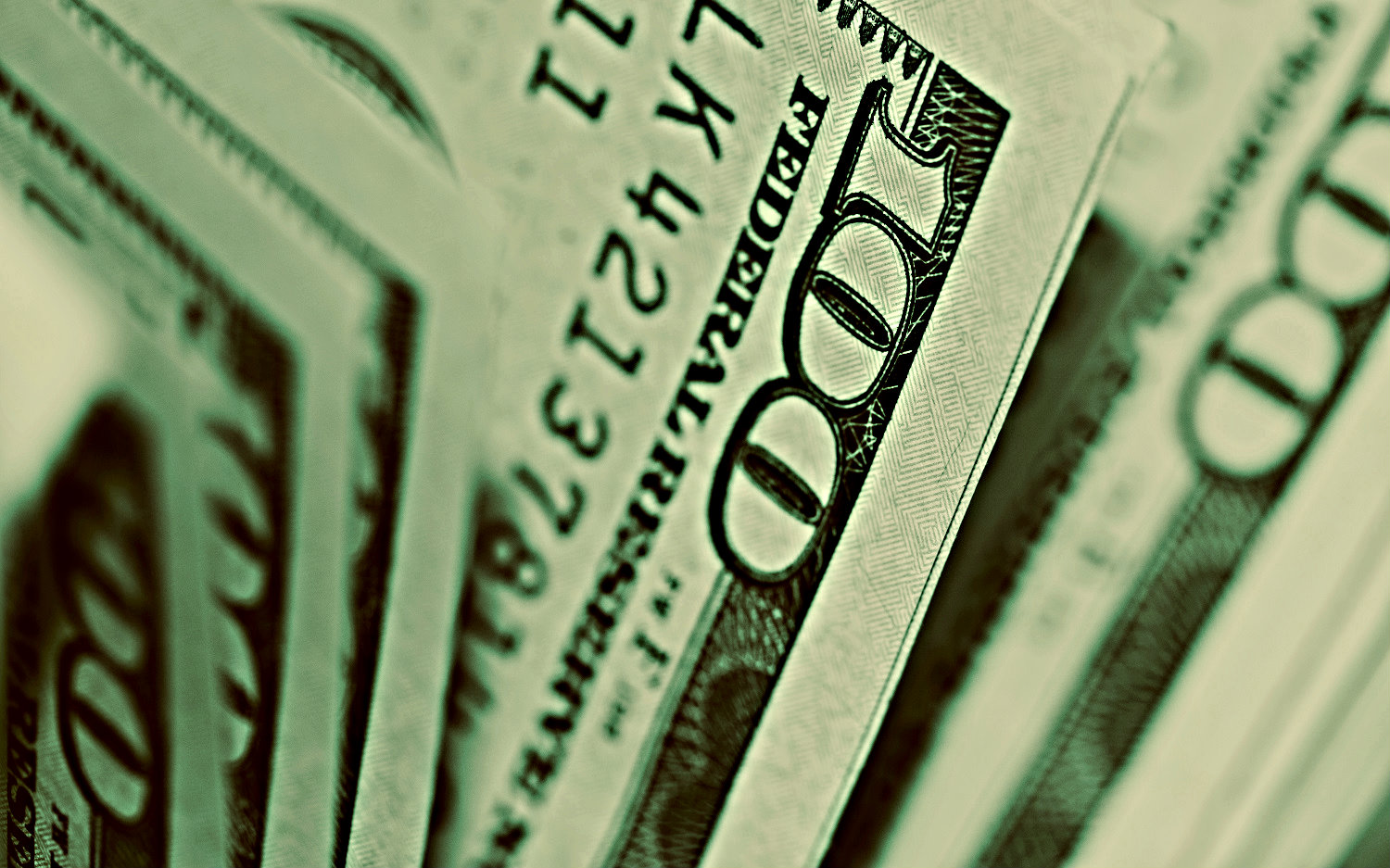Democracy Against Capitalism: Capital In A Fiat Money World
In Democracy Against Capitalism the Marxist scholar Ellen Meiksins Wood says that the driving force of capitalism is the urgent desire to accumulate more capital. As we know, and not just from Marx, capitalist only expends capital in the expectation of profit, and generally can be counted on to invest capital if profit seems likely.
In the US, it has always been the norm that those with access to capital should control every possible avenue that might lead to profit. The government has always been there to provide cash to support capital, with no compensation or justification to the government except maybe new jobs. As an example, the US handed huge tracts of land and direct subsidies to the crooks and cheats who built US railroads. I learned about this from Frank Norris’ book The Octopus, but Railroaded, reviewed here, looks even better. And here’s a sympathetic explanation of this monstrous give-away. There’s an obvious question that no one asks: if railroads were so important, why didn’t the government just build them?
In this post I looked at Wood’s definition of historical materialism and its use in the evolution of the separation of politics and economics starting in the middle ages. The comments add a lot of fascinating detail; thanks to all. What’s missing from Wood’s discussion and from economics generally is the motivation behind this evolution, namely greed and indifference to other humans. As the reviewer of Railroaded, the historian Michael Kazin, says:
The history of American capitalism is stuffed with tales of industries that overbuilt and overpromised and left bankruptcies and distressed ecosystems in their wake: gold and silver mining, oil drilling and nuclear power, to name a few. The railroad barons wielded more power than other businessmen in the Gilded Age. But their behavior revealed a trait they shared with many of their fellow citizens: too much was never enough.
That still true, and governments under both parties are as willing as they ever were to let the capitalists profit and to stuff their pockets with subsidies. As an example, look at the Democrats who run Chicago. In 2008, Chicago leased its parking meters to a group of investors headed by Morgan Stanley; investors today include the wealth fund of Abu Dhabi and other hidden investors. Mayor Richard Daley agreed to a front payment of $1.15 billion to the city.
In the seven years since, the meter company has reported a total of $778.6 million in revenues. It’s on pace to make back what it paid the city by 2020, with more than 60 years of meter money still to come.
There’s the incredible story of the city getting ripped off for hundreds of millions of dollars in derivative transactions. Chicago recently offered Amazon over $2 billion to put its new headquarters here.
That eagerness to coddle capitat has always been part of our culture. Maybe it could be justified in a society hemmed in by commodity money and weak financial markets, where there might be some limitations to the amount of capital available for investment. But there is far more capital looking for profits today than there are plausible investments. We’ve just run a huge real-life experiment. The Republican tax bill gave corporations billions of dollars in tax breaks for money stashed “offshore” to avoid taxes. The brilliant CEOS had no profitable use for it and gave it to their shareholders.
Here’s an example of the amount of capital available to waste, electric rental scooters. Much of that useless capital is employed in various kinds of direct exploitation like payday lending.
Beyond the factual reality of a world awash in capital, we don’t live in a world of limited money. Money is a commodity created by the state. It isn’t pieces of metal, and it isn’t limited by how much of the metal there is in government vaults. Government can create all it wants and needs. The Republicans just passed a bill slashing US revenues for the foreseeable future. Then they passed a bill raising spending. Where is that coming from? Stephanie Kelton explains in a quick and easy introduction to Modern Money Theory.
Returning to the railroads, the government could have built them itself, using a combination of taxes, revenues and borrowing. It might have taken longer; and it would have been corrupt though it would never have been as corrupt as it actually was. Why didn’t that happen?
Or look at oil. In some countries, oil is owned by the State, which employs people directly to drill and refine, or hires private drillers and refiners. We don’t do that. We just let the capitalists take the resources out of public land for a small fee which is rebated in the form of sickening tax breaks like depletion allowances.
There was never any justification for the US system other than the demand of the rich and powerful for greater profits with utter indifference to the rest of us who are left to clean up after the bankruptcies, frauds, toxic spills, nuclear waste and whatever other trash they leave behind. Capitalists won’t make society a better place, because that isn’t profitable. Capitalists believe that they should be able to expropriate all the profits from their investments. The point of making society better is that the benefits from that either can’t be monetized, or we don’t want to lose the benefits to the demand for profit. We don’t need capitalists to make society better and we never did. We just need to be able to control our own government, making it operate for our mutual benefit.

